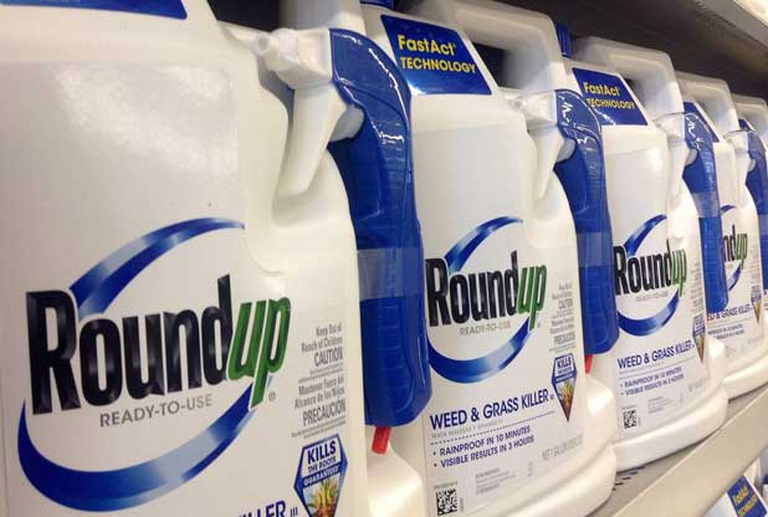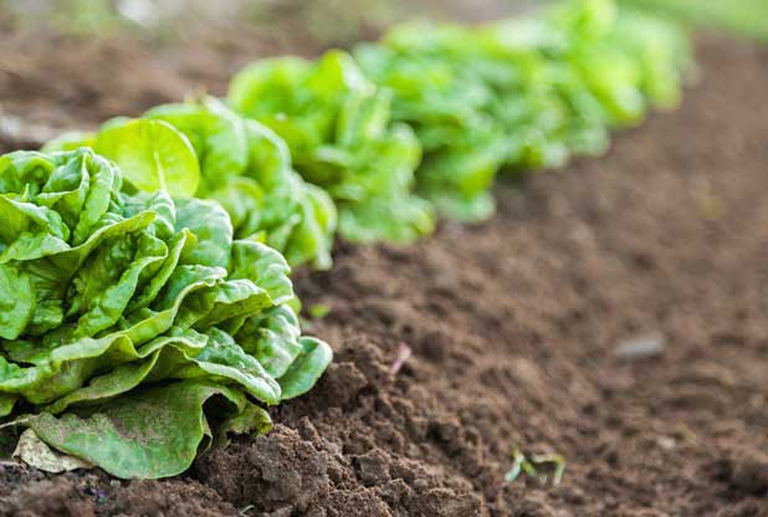
Factory farming conditions and antibiotic-resistant pathogens emerging as a result of them pose an existential threat to humans in the form of zoonotic diseases. Why it’s time to produce and consume food more thoughtfully.
Weed killer glyohosate is harmful for the health and environment: the Committee of Environmental Associations and Organic Farming asks the Italian Government to banish it.
With a letter sent at the Italian Government, the Committee of National Environmental Associations and Organic Farming called for a ban in the production, marketing and use of all phytosanitary products based on glyphosate. Glyphosate is currently the most globally used weed killer, recently defined a “potential cancer-inducing agent” by the International Agency for Research on Cancer.
It is present in 750 formulations including the Roundup®, offered by Monsanto along with GM seeds. But glyphosate is also widely used in all conventional farming, not only GM farming. AS well as in garden, public park and school garden care; it is the active ingredient of many street and railway cleaning products. According to different scientific studies, traces of glysophate have been found in the breast milk of American women living in rural areas or eating genetically modified food; in Italy, according to the report “Pesticides in water” conducted by ISPRA, glyphosate is the substance more likely to exceed the limits set by laws. From 1992 to 2012 its use increased by 140 times just in the US.

In the letter, the Committee encourages regions to completely eliminate this chemical compound from the production policy documents that include it and to exclude the countries that employ it from any prize in the Programmes of rural development, thus avoiding to reward and promote the sustainable use of a product that was declared carcinogenic. In Italy, glyphosate is included in the National Action Plan for the sustainable use of phytosanitary products, so, in the next years, the Regional Programmes for rural development will promote it as sustainable agent and will incentivise its use. That’s why it is compelling to banish it.

“We insist that the Government apply the precautionary principle on behalf of the protection of public health and that it definitively ban the production, marketing and use of all products that contain glyphosate. There are alternatives and it is necessary to make them known and to incentivise them in the farming field for the conservation of public green spaces. These are eco-friendly good farming practices that are sustainable even for their short or medium term benefit-cost ratio”, said in his letter the spokesperson of the Committee of Associations Maria Grazia Mammuccini.
Siamo anche su WhatsApp. Segui il canale ufficiale LifeGate per restare aggiornata, aggiornato sulle ultime notizie e sulle nostre attività.
![]()
Quest'opera è distribuita con Licenza Creative Commons Attribuzione - Non commerciale - Non opere derivate 4.0 Internazionale.
Factory farming conditions and antibiotic-resistant pathogens emerging as a result of them pose an existential threat to humans in the form of zoonotic diseases. Why it’s time to produce and consume food more thoughtfully.
The world of cinema recognises the link between food choices and the climate crisis by offering vegan menus for awards season events, including at the most important of them all: the Oscars.
Corporations are putting our lives and our environment at risk through a growing and improper influence over institutions, whose responsibility should be, instead, protecting people and the planet. The visible consequences have made it imperative to expose their devious tactics and their steadfast and corrupt lobbying, recently revealed in the Poison Papers (a compilation of over
Let’s look at the reasons behind the growth of veganism in India, as a small yet vocal section of the population turns towards this diet and lifestyle in the largest milk producing country in the world.
by Jeffrey Y. Campbell, Manager of the Forest and Farm Facility at FAO In the Ecuadorian Amazon, Kichwa farmers grow dozens of products on tiny parcels of land. Their lands hum with biodiversity, yielding nutritious foods that have sustained families for generations. Wandering among fruit and nut trees and crops, these indigenous agroforesters fill their baskets
Mint has many health benefits, but in food it’s often accompanied by artificial green colourings. Instead, Galatea has created a green mint ice cream in a completely natural way.
We’re talking about Galatea, a company that produces semi-finished products for artisanal ice creams using high quality ingredients, natural colouring, excluding thickeners and hydrogenated fats, respecting the environment and supporting the less fortunate.
The mad rush to fake food, like fake meat made with genetically-modified soy, ignores the importance of the diversity of our foods and culinary cultures. It’s a recipe to accelerate the destruction of the Planet and our health.
Like with all foods, the quality of an ice cream can be discerned by reading its label. An expert explains how to do this, and tells us how their company steers clear of chemicals, using only natural ingredients to produce an excellent and “free” ice cream.







